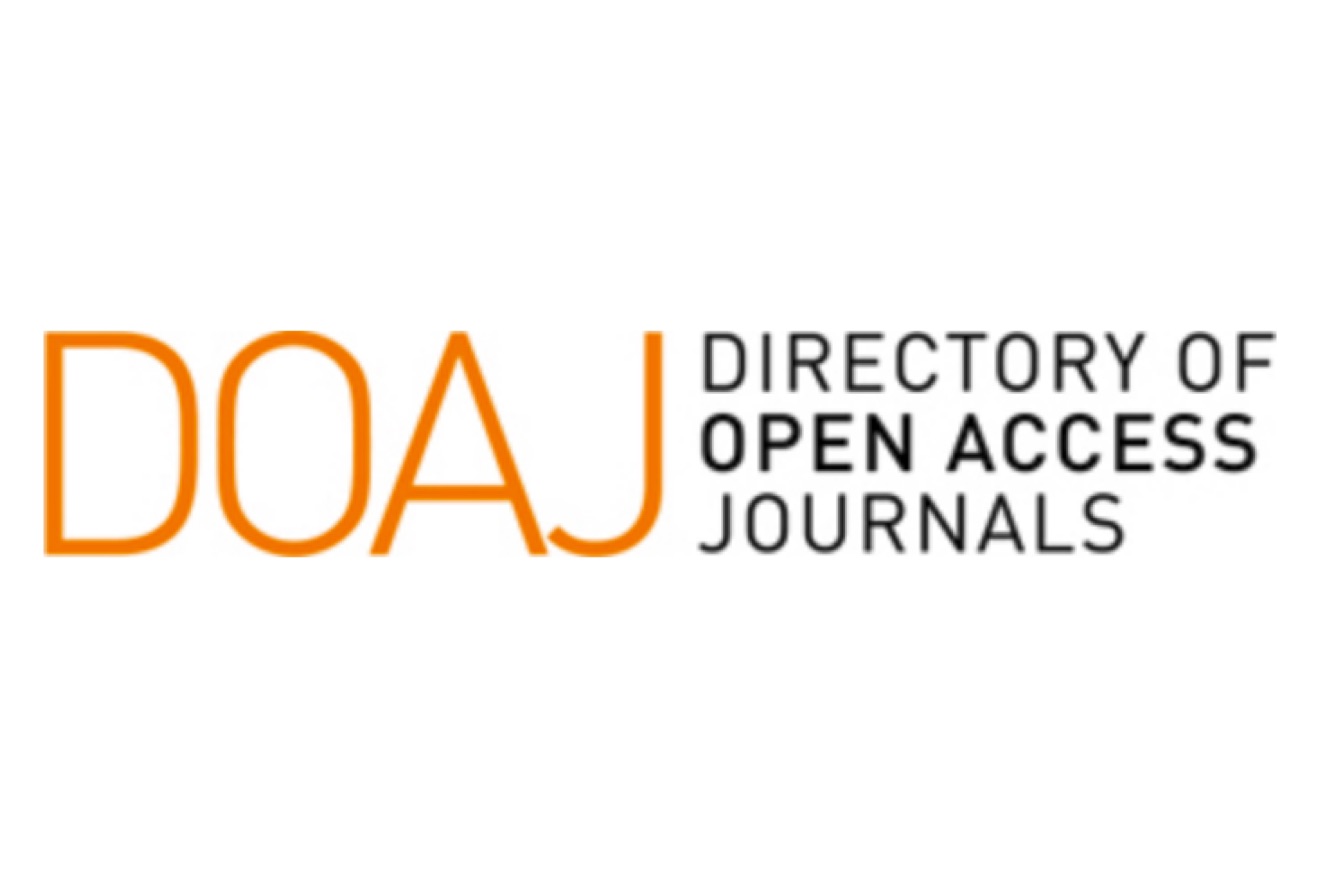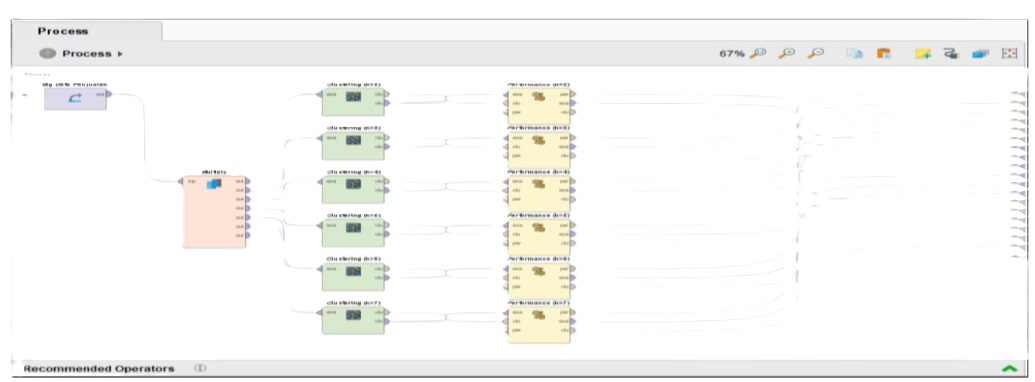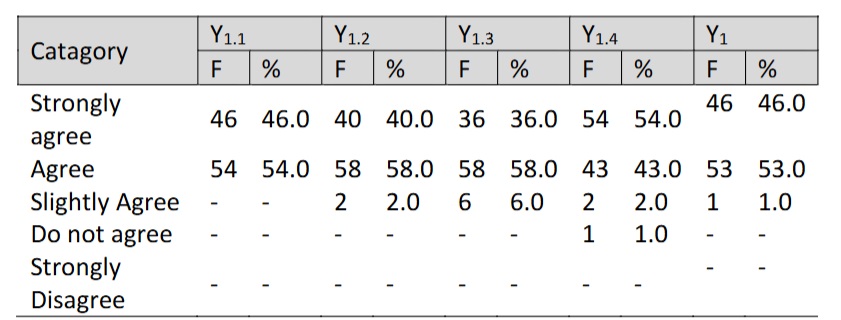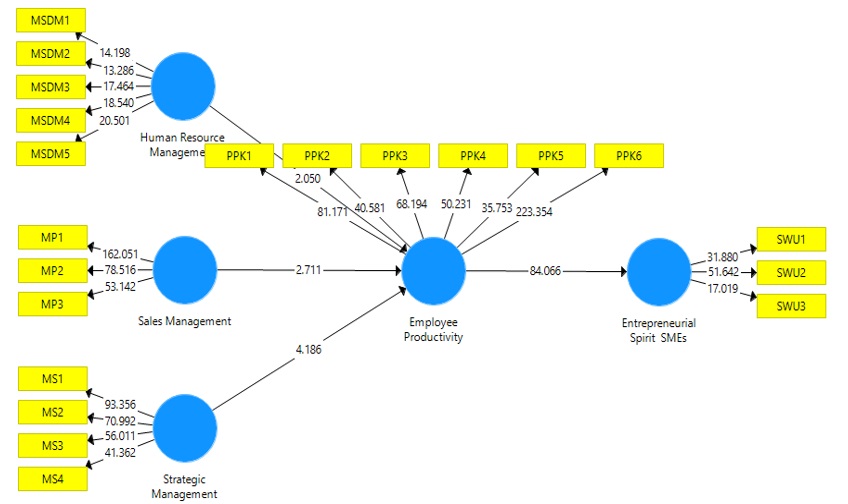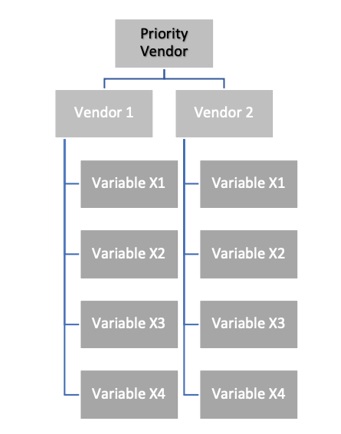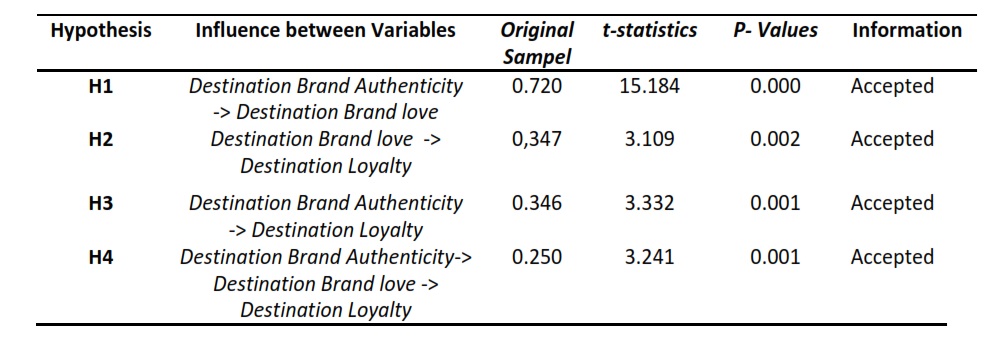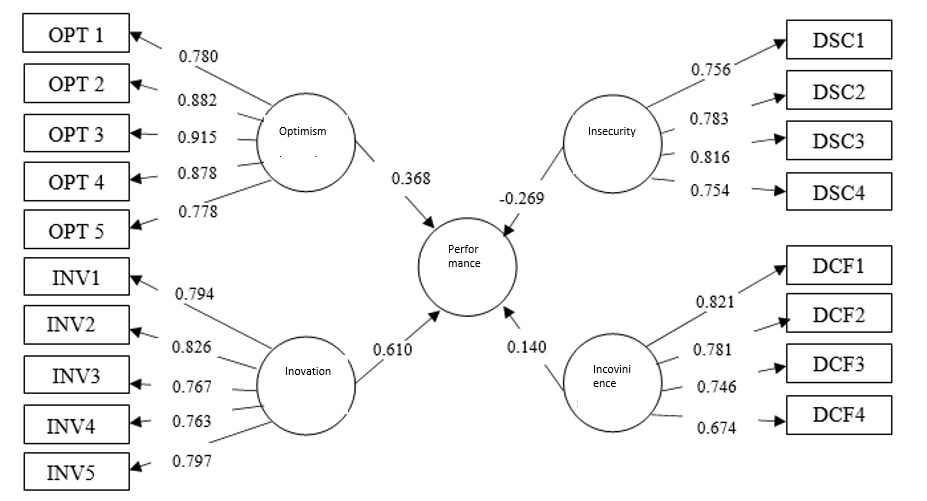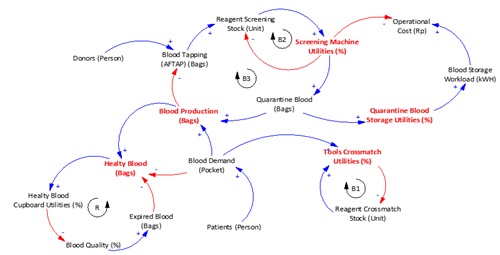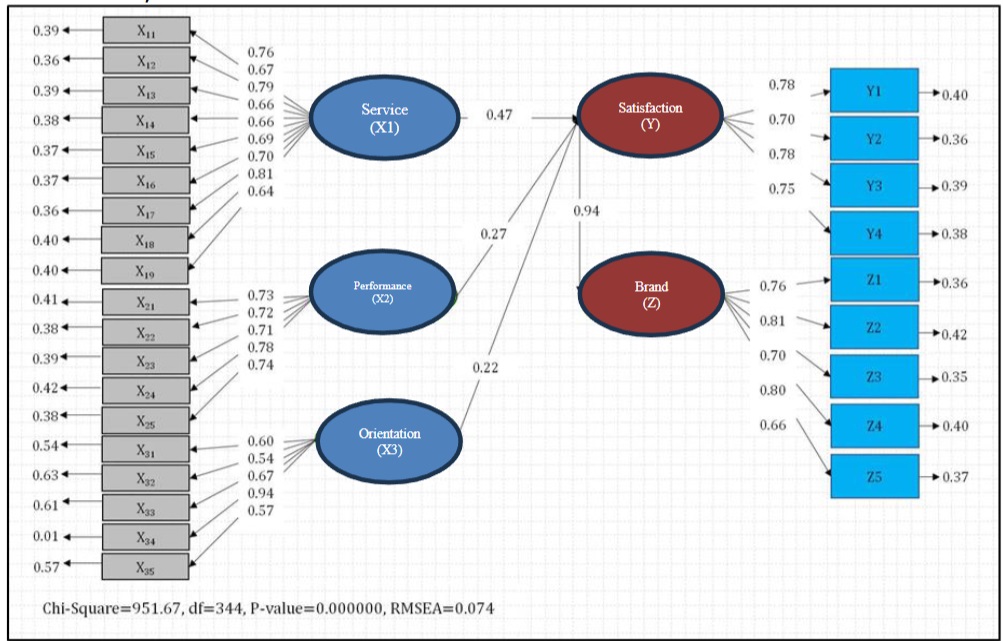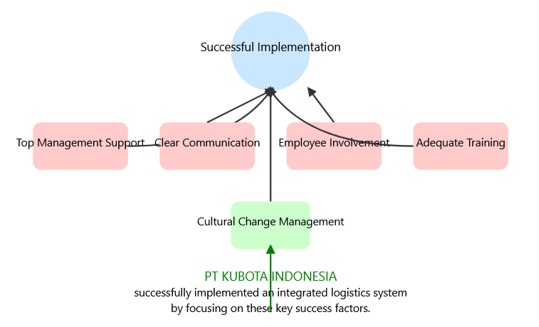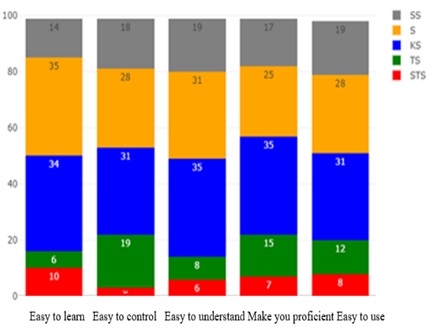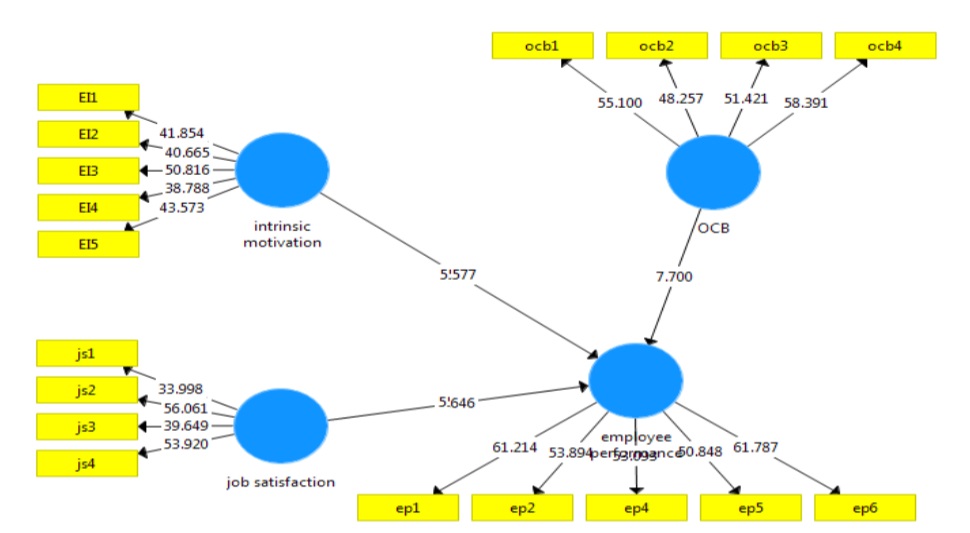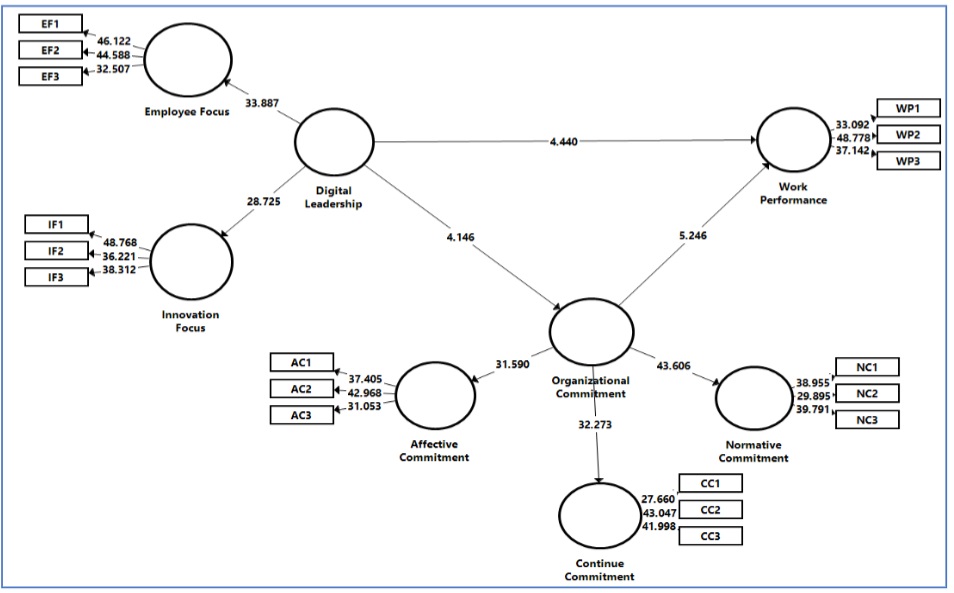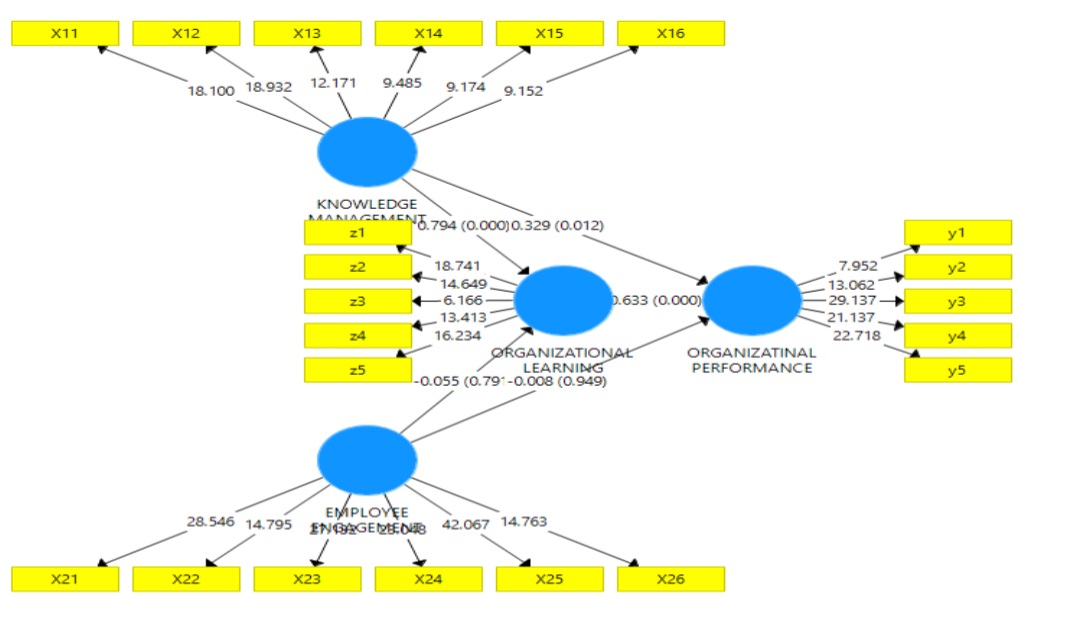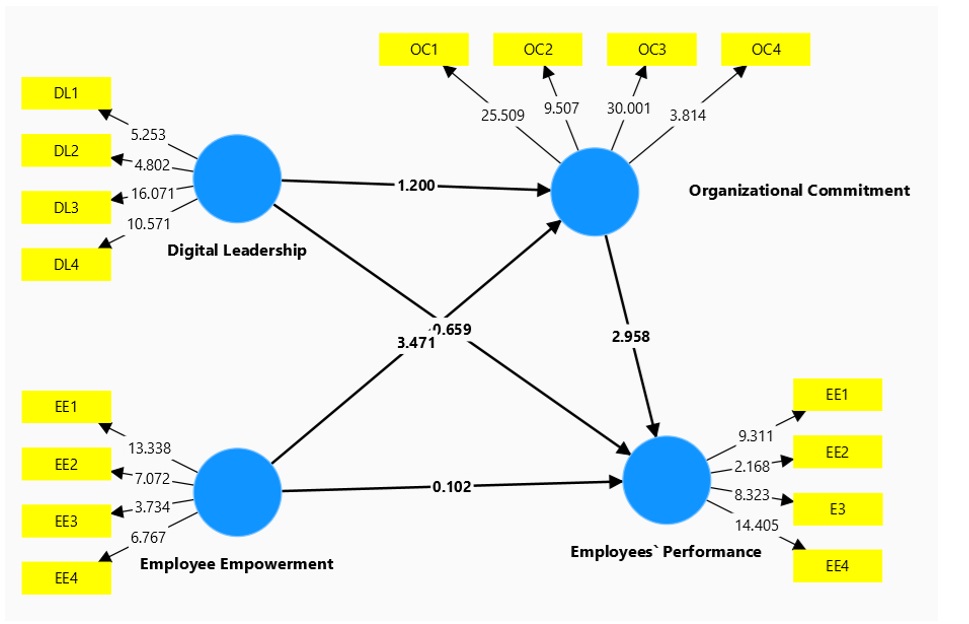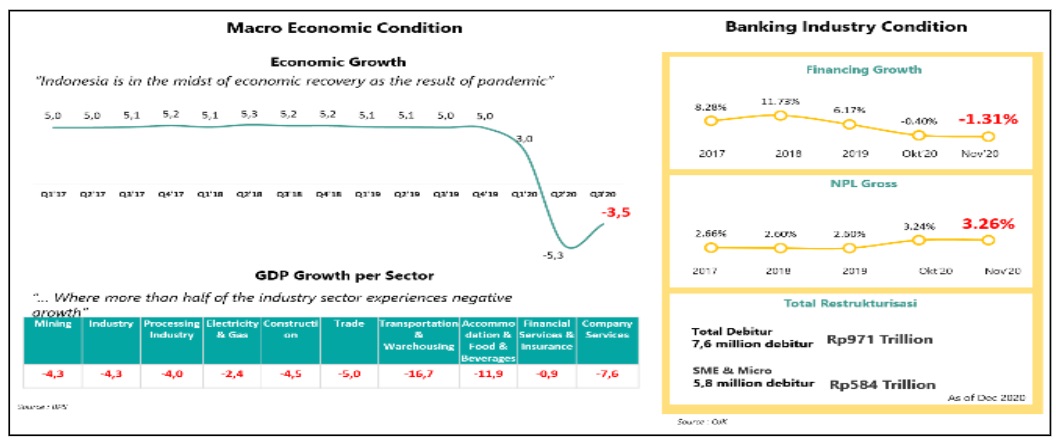Analysis of the Effect of Indonesia-Japan Economic Partnership Agreement (IJEPA) on the Trade in Service Sector in Indonesia
- 2024-11-15 (2)
- 2024-09-05 (1)
Versions
- 2024-11-15 (2)
- 2024-09-05 (1)
Downloads
Additional Files
Downloads
[1] A. Mattoo, R. Rathindran, and A. Subramanian, "Measuring Services Trade Liberalization and Its Impact on Economic Growth: An Illustration,” Journal of Economic Integration, vol. 21, no. 1, pp. 64–98, 2006.
[2] P. Dee, J. Francois, M. Manchin, H. Norberg, H. K. Nordås, and F. Van Tongeren, "The Impact of Trade Liberalisation on Jobs and Growth Technical Note,” OECD Trade Policy Working Papers, no. 107, 2011, doi: 10.1787/5kgj4jfj1nq2-en.
[3] I. Hikari, "Trade in Services and Japan's Bilateral FTAs: Empirics on their impacts Trade in Services and Japan's Bilateral FTAs: Empirics on their impacts *,” RIETI Discussion Paper Series, pp. 15–27, 2015, [Online]. Available: http://www.rieti.go.jp/en/
[4] M. Martoyo, H. Alunaza, A. Ernianda, A. Putri, and M. A. L. Mosquera Montoya, "Implication of the Covid-19 Pandemic on the Governance of International Trade in the West Kalimantan's Entikong Border,” Jurnal Manajemen Industri dan Logistik, vol. 6, no. 1, pp. 01–09, Jun. 2022, doi: 10.30988/jmil.v6i1.940.
[5] G. P. Corning, "Japan and the Liberalization of Trade in Services,” Asian Surv, vol. 56, pp. 779–805, 2016, doi: 10.2307/26364385.
[6] K. Briggs and K. M. Sheehan, "Service Trade Liberalization and Economic Growth,” The Journal of Developing Areas, vol. 53, no. 4, 2019.
[7] M. Roy, "Elevating services: Services trade policy, WTO commitments, and their role in economic development and trade integration,” World Trade Organization, 2019, doi: 10.30875/9ac21df6-en.
[8] A. A. Patunru, "Survey of Recent Developments: TRADE POLICY IN INDONESIA: BETWEEN AMBIVALENCE, PRAGMATISM AND NATIONALISM,” Bull Indones Econ Stud, vol. 59, no. 3, pp. 1–30, 2023, doi: 10.1080/00074918.2023.2282821.
[9] Organization of Economic Co-operation and Development (OECD), "OECD Services Trade Restrictiveness Index (STRI) - Indonesia,” 2023. [Online]. Available: http://oe.cd/stristri.contact@oecd.org
[10] F. T. Budiarti and F. F. Hastiadi, "Analisis Dampak Indonesia Japan Economic Partnership Agreement terhadap Price-Cost Margins Industri Manufaktur Indonesia,” Jurnal Ekonomi dan Pembangunan Indonesia, vol. 15, no. 2, pp. 192–209, 2015.
[11] H. Gumilang, K. Mukhopadhyay, and P. J. Thomassin, "Economic and environmental impacts of trade liberalization: The case of Indonesia,” Econ Model, vol. 28, no. 3, pp. 1030–1041, May 2011, doi: 10.1016/j.econmod.2010.11.015.
[12] M. Z. Chishti and F. Mehmood, "The Dynamic Effects of Innovation, FDI, & Trade Liberalization on Services Sector: An Evidence from Developed and Developing Economies,” Jinnah Business Review, vol. 8, no. 2, pp. 116–132, 2020, [Online]. Available: http://www.jbrc.pk
[13] C. Findlay and M. Pangestu, "The Services Sector as a Driver of Change: Indonesia's Experience in the ASEAN Context,” Bull Indones Econ Stud, vol. 52, no. 1, pp. 27–53, Jan. 2016, doi: 10.1080/00074918.2016.1161499.
[14] E. A. Ningsih, T. A. Falianty, and F. T. Budiarti, "Pemanfaatan Kerja Sama Indonesia-Jepang Economic Partnership Agreement (IJEPA) dan Indonesia-Pakistan Preferential Trade Agreement (IPPTA),” Buletin Ilmiah Litbang Perdagangan, vol. 12, no. 2, 2018.
[15] L. C. S. Gocklas and S. Sulasmiyati, "Analisis Pengaruh Indonesia-Japan Economic Partnership Agreement (IJEPA) Terhadap Nilai Perdagangan Indonesia-Jepang,” Jurnal Administrasi Bisnis (JAB)|Vol, vol. 50, no. 5, 2017.
[16] World Trade Organization (WTO), "General Agreement on Trade in Services Text Annex 1B,” WTO Secretariat, 1991.
[17] H. Ishido, "Liberalization of Trade in Services under ASEAN+n: A Mapping Exercise,” ERIA Discussion Paper Series, 2011.
[18] F. Kimura and H. H. Lee, "The gravity equation in international trade in services,” Review of World Economics, vol. 142, no. 1, pp. 92–121, Apr. 2006, doi: 10.1007/s10290-006-0058-8.
[19] Paul. J. Gertler, M. Sebastian, P. Premand, L. B. Rawlings, and C. M. J. Vermeersch, "Impact Evaluation in Practice Second Edition,” The World Bank, 2011.
[20] I. K. Harahap and A. M. Esther, "Dampak Penerapan Indonesia-Japan Economic Partnership Agreement terhadap Ekspor Indonesia ke Jepang,” Seminar Nasional Cendekiawan, 2015.
[21] Jesica and A. S. Kurnia, "Dampak Penerapan Indonesia-Japan Economic Partnership Agreement (IJEPA) terhadap NIlai Ekspor dan Impor Indonesia,” Jurnal Dinamika Ekonomi Pembangunan, vol. 2, no. 3, 2019, [Online]. Available: https://ejournal.undip.ac.id/index.php/dinamika_pembangunan/index
[22] S. T. Ardiyanti, "The Impact of Indonesia-Japan Economic Partnership Agreement (IJEPA) on Bilateral Trade Performance,” Buletin Ilmiah Perdagangan, vol. 9, no. 2, 2015.
[23] S. Soeharjoto, N. I. Salma, D. A. Tribudhi, and L. Masyhudi, "Economic Growth And Carbon Emissions In Asean-6 To Achieve Sustainable Development Goals Through Kuznet Curve Environmental Analysis Approach,” Jurnal Manajemen Industri dan Logistik, vol. 6, no. 1, pp. 10–20, May 2022, doi: 10.30988/jmil.v6i1.972.
[24] D. Ciuriak, A. Dadkhah, and D. Lysenko, "The effect of binding commitments on services trade,” World Trade Review, vol. 19, no. 3, pp. 365–378, Jul. 2020, doi: 10.1017/S1474745618000496.
[25] X. Su, S. Anwar, Y. Zhou, and X. Tang, "Services trade restrictiveness and manufacturing export sophistication,” North American Journal of Economics and Finance, vol. 51, Jan. 2020, doi: 10.1016/j.najef.2019.101058.
Copyright (c) 2024 Evanti Andriani Syahputri, I Made Krisna Yudhana Wisnu Gupta

This work is licensed under a Creative Commons Attribution 4.0 International License.
JMIL Jurnal Manajemen Industri dan Logistik (Journal of Industrial and Logistics Management) is an Open Access Journal. The authors who publish the manuscript in JMIL Jurnal Manajemen Industri dan Logistik agree to the following terms:

JMIL Jurnal Manajemen Industri dan Logistik is licensed under a Creative Commons Attribution 4.0 International License. This permits anyone to copy, redistribute, remix, transmit and adapt the work provided the original work and source is appropriately cited.
This means:
(1) Under the CC-BY license, authors retain ownership of the copyright for their article, but authors grant others permission to use the content of publications in JMIL Jurnal Manajemen Industri dan Logistik in whole or in part provided that the original work is properly cited. Users (redistributors) of JMIL Jurnal Manajemen Industri dan Logistik are required to cite the original source, including the author's names, JMIL Jurnal Manajemen Industri dan Logistik as the initial source of publication, year of publication, volume number, issue, and Digital Object Identifier (DOI); (2) Authors grant JMIL Jurnal Manajemen Industri dan Logistik the right of first publication. Although authors remain the copyright owner.















